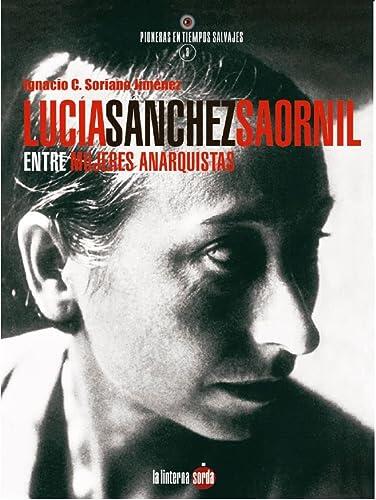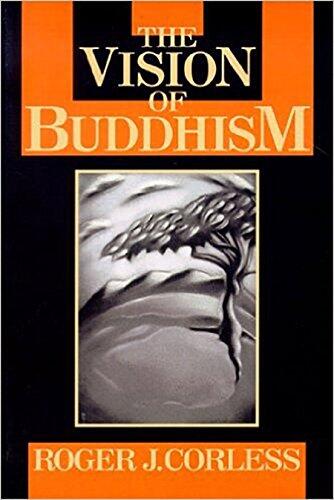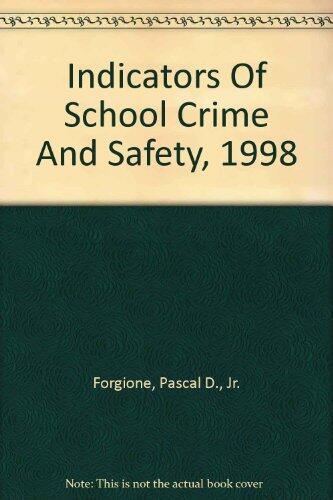
Lucía Sánchez Saornil, entre mujeres anarquistas
بواسطة
Ignacio C. Soriano Jiménez
لا توجد تقييمات بعد
Biography
تنسيق
غلاف ورقي
صفحات
384
لغة
الإسبانية
منشور
Mar 14, 2022
الناشر
La Linterna Sorda Ediciones S.L.
الطبعة
1
رقم ISBN-10
8412254767
رقم ISBN-13
9788412254761
الوصف
Ignacio C. Soriano Jiménez delves into the life of Lucía Sánchez Saornil, a pivotal figure within the anarcha-feminist movement of the early 20th century. The narrative explores her contributions to anarchism and her relationships with other prominent women in the movement, painting a vivid portrait of the struggles and triumphs they faced.
With a keen eye for historical detail, Soriano highlights the intersection of gender and political ideology, unraveling how Lucía and her contemporaries navigated a predominantly male-dominated sphere. Through their stories, the book invites readers to reflect on the unique challenges women encountered and the significant roles they played in shaping anarchist thought.
A blend of biography and historical analysis, this work not only honors Lucía's legacy but also sheds light on the broader context of anarchist movements in Spain. It serves as a reminder of the often-overlooked narratives of women who fought tirelessly for their ideals and autonomy.
The exploration of Lucía's life is both an inspiring and sobering account, revealing the complexity of activism and the enduring struggle for equality. Soriano’s portrayal of this remarkable woman and her peers offers an invaluable perspective for anyone interested in the history of feminism and libertarian thought.
With a keen eye for historical detail, Soriano highlights the intersection of gender and political ideology, unraveling how Lucía and her contemporaries navigated a predominantly male-dominated sphere. Through their stories, the book invites readers to reflect on the unique challenges women encountered and the significant roles they played in shaping anarchist thought.
A blend of biography and historical analysis, this work not only honors Lucía's legacy but also sheds light on the broader context of anarchist movements in Spain. It serves as a reminder of the often-overlooked narratives of women who fought tirelessly for their ideals and autonomy.
The exploration of Lucía's life is both an inspiring and sobering account, revealing the complexity of activism and the enduring struggle for equality. Soriano’s portrayal of this remarkable woman and her peers offers an invaluable perspective for anyone interested in the history of feminism and libertarian thought.



















